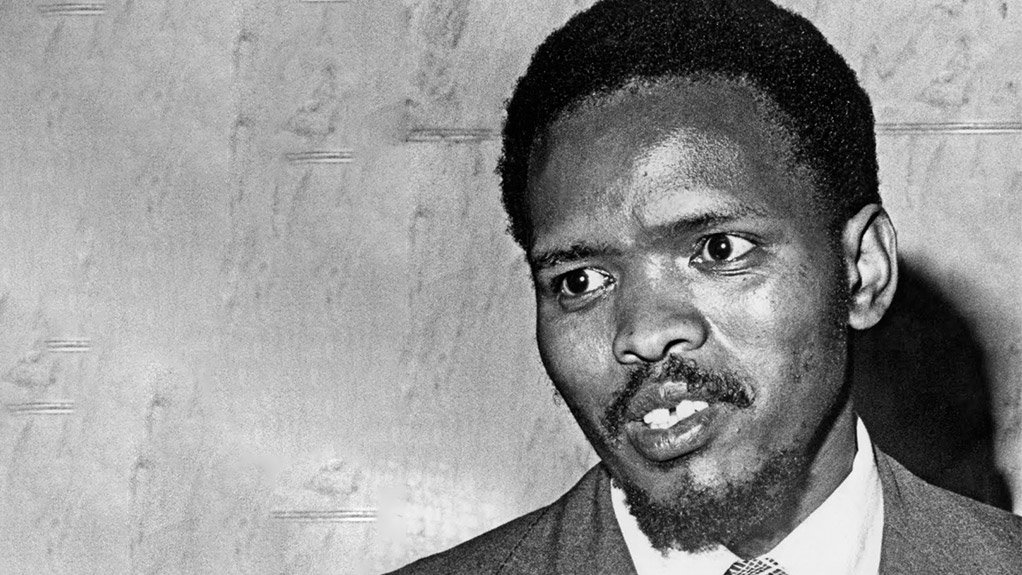
Bantu Stephen Biko
Bantu Stephen Biko was born on December 18, 1946 into a modest Xhosa family in Ginsberg Township in the Eastern Cape. He was a South African anti-apartheid activist, an African nationalist and African socialist. He was at the forefront of a grassroots anti-apartheid campaign known as the Black Consciousness Movement during the late 1960s and 1970s. His ideas were articulated in a series of articles published under the pseudonym Frank Talk.
In 1966, he began studying medicine at the University of Natal, where he joined the National Union of South African Students (NUSAS). Strongly opposed to the apartheid system of racial segregation and white-minority rule in South Africa, Biko was frustrated that NUSAS and other anti-apartheid groups were dominated by white liberals, rather than by the Blacks. He thus became a leading figure in the creation of the South African Students’ Organisation (SASO) in 1968. Membership was open only to “Blacks”, a term that Biko used in reference not just to Bantu-speaking Africans but also to Coloureds and Indians. He was careful to keep his movement independent of white liberals, but opposed anti-white racism and had various white friends and lovers. The white-minority National Party government were initially supportive, seeing SASO’s creation as a victory for apartheid’s ethos of racial separatism.
Biko believed that Black people needed to rid themselves of any sense of racial inferiority, an idea he expressed by popularizing the slogan “black is beautiful”. In 1972, he was involved in founding the Black People’s Convention (BPC) to promote Black Consciousness ideas among the wider population. The government came to see Biko as a subversive threat and placed him under a banning order in 1973, severely restricting his activities. He remained politically active, helping organise BCPs such as a healthcare centre and a crèche in the Ginsberg area.
During his ban he received repeated anonymous threats, and was detained by state security services on several occasions. Following his arrest in August 1977, Biko was severely beaten by state security officers, resulting in his death on September 12; 1977. Over 20,000 people attended his funeral.
Biko’s fame spread posthumously. He became the subject of numerous songs and works of art. He became one of the earliest icons of the movement against apartheid, and is regarded as a political martyr and the “Father of Black Consciousness”.









